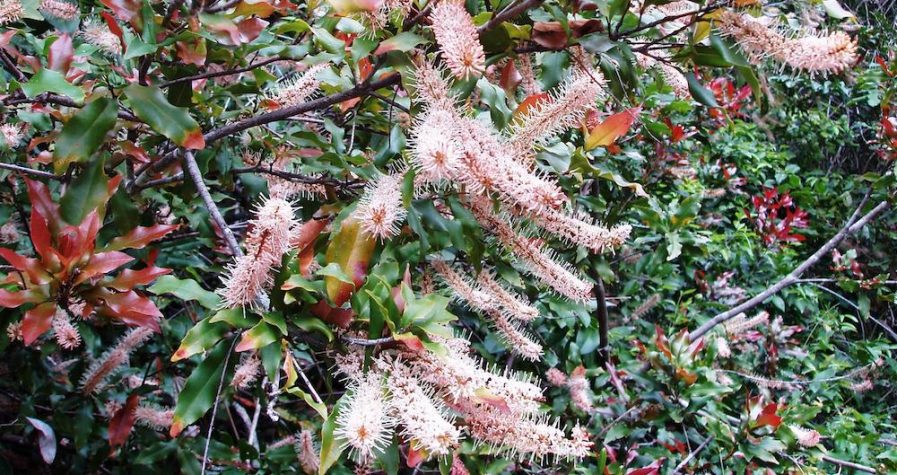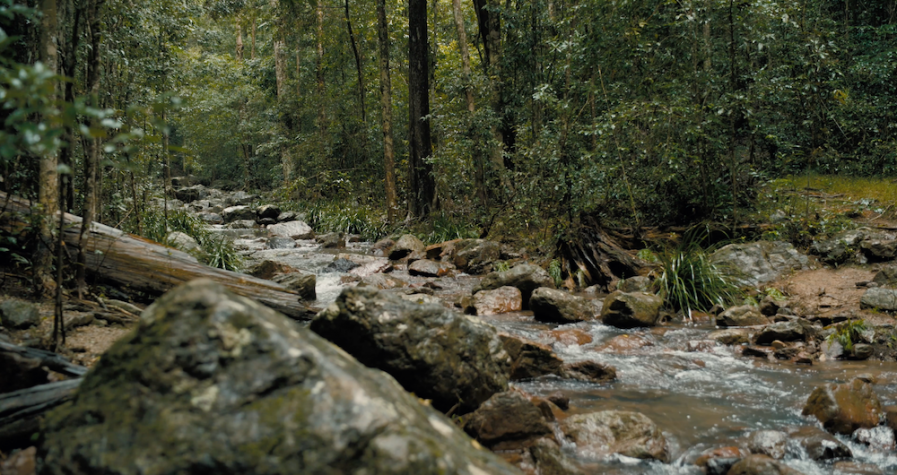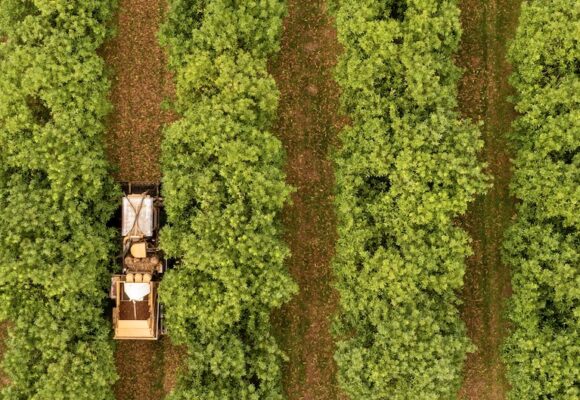Australia is the natural home of macadamias, and the only place on earth where they grow wild. Every commercial macadamia crop in the world can be traced back to the wild macadamia trees that still grow in the Australian rainforest. But over the last two centuries, more than 80% of wild macadamias have been lost, posing ongoing threats to their populations. All four precious wild macadamia species are endangered, but thanks to a new National Recovery Plan to guide their protection, their future is now looking more positive.

A major conservation milestone
The National Recovery Plan for Macadamia Species was made jointly by the Australian Federal and Queensland State Governments and legislated last month under the Environment Protection and Biodiversity Conservation Act. It outlines the current status of wild macadamias and what Australians need to do to protect this much-loved national icon.
“We are thrilled that Australia now has a National Recovery Plan to look after our wild Macadamia species,” says Denise Bond, Executive Officer of the Macadamia Conservation Trust, the not-for-profit environmental organisation that lobbied for government recognition of the Plan.
All four macadamia species originated in Australia. The Plan reviews a decade of conservation activities and finds that three of the four species are still vulnerable to extinction and the Macadamia jansenii species is Critically Endangered (reclassified from Endangered under Queensland’s Nature Conservation Act on 12 November 2021).
“Wild macadamias are threatened by clearing, habitat fragmentation, weeds and fire, and vulnerable to extinction if their remaining habitat is not carefully managed,” says Ms Bond.

Australia’s obligation to the world
First discovered by Australia’s First Nations people and then shared with newcomers to become the predominant Australian native commercial food crop, wild macadamias grow in small pockets of sub-tropical rainforest along the east coast from Gladstone in Queensland to northern New South Wales.

Conserving the genetic diversity found among all four endangered wild species plays an important role in securing the future of the macadamia industry. Wild macadamias offer a wealth of genetic diversity and many of the commercially grown macadamia cultivars the industry relies on today are from a very narrow genetic base. The DNA of wild macadamias holds significant untapped potential for development of the macadamia industry world-wide. It could hold the key to breeding commercial macadamia cultivars that are not only more productive, but better adapted to changing weather patterns, and emerging pests and diseases.
“Just as we rely on other countries to safeguard genetic resources for most of the food we eat, Australia has an obligation to look after the genetic resources of our native nut,” says Ms. Bond.
“The National Recovery Plan for Macadamia Species is the guiding document for macadamia conservation, and we will use it to get the best possible outcome for Australia’s wild macadamias.”


